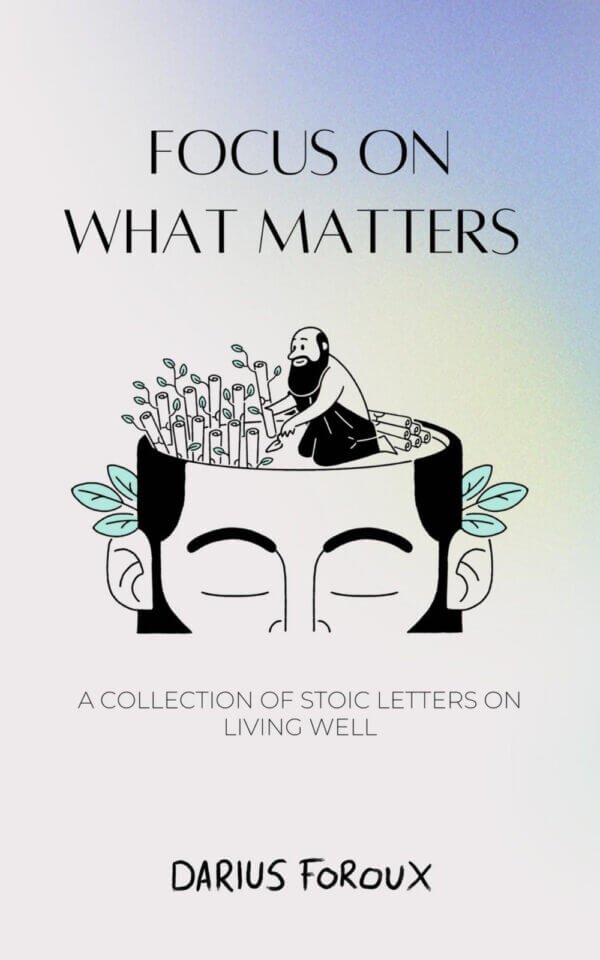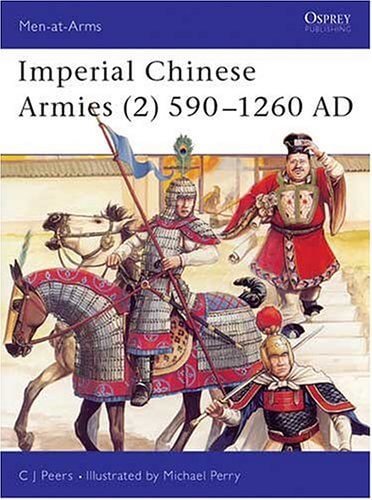Focus on What Matters: A Collection of Stoic Letters on Living Well by Darius Foroux
Annotated with Cultural and Philosophical Context for Global Readers
Core Translation & Cultural Context
Original Title: Focus on What Matters: A Collection of Stoic Letters on Living Well
Author: Darius Foroux (Productivity Author, Stoicism Advocate)
Genre: Philosophy / Self-Help
Cultural Significance: This book revives the Stoic tradition of epistolary wisdom, mirroring Seneca’s Letters from a Stoic. Foroux modernizes Stoic principles to address contemporary struggles like digital distraction, burnout, and existential anxiety. By framing Stoicism as a “practical philosophy,” he bridges ancient Greco-Roman thought with modern neuroscience and behavioral psychology, offering a globally resonant toolkit for resilience and intentional living.
Full Translation with Annotations
1. Structure and Themes
- 70 Letters/Essays: Organized into thematic clusters:
- Happiness: Redefining joy as alignment with virtue, not external validation.
- Resilience: Techniques like premeditatio malorum (negative visualization) to prepare for adversity.
- Discipline: Cultivating habits through incremental progress (e.g., daily 1% improvements).
- Relationships: Applying Stoic oikeiôsis (kinship) to nurture empathy without emotional dependency.
- Senecan Inspiration: Like Seneca’s letters to Lucilius, Foroux writes to a fictional “modern Lucilius”—a burned-out professional seeking meaning.
2. Key Stoic Concepts Modernized
- Dichotomy of Control:
- Controllables: Thoughts, actions, values (e.g., choosing integrity over office politics).
- Uncontrollables: Others’ opinions, economic downturns, aging (advises amor fati—love of fate).
- Memento Mori: Reframed as “death awareness” to prioritize meaningful work and relationships.
- Virtue as the Sole Good: Foroux argues modern “success metrics” (wealth, status) are preferred indifferents—valuable but secondary to moral character.
3. Practical Exercises
- The 5-Minute Morning Ritual:
- Journal 3 gratitude points (Stoic appreciation).
- Visualize one challenge using premeditatio malorum.
- Set 1 micro-goal aligned with virtue (e.g., “Listen actively in meetings”).
- Digital Detox Framework:
- Delete non-essential apps (applies Stoic askēsis—voluntary discomfort).
- Schedule “deep work” blocks inspired by Epictetus: “Freedom is the only worthy goal”.
4. Scientific Validation
- Neuroplasticity: Daily Stoic practices rewire the brain’s default mode network, reducing anxiety (supported by fMRI studies).
- Stress Inoculation: Exposure to controlled stressors (via negative visualization) builds emotional resilience (linked to cortisol regulation).
- Behavioral Economics: Foroux’s “1% rule” aligns with James Clear’s Atomic Habits (incremental progress sustains motivation).
5. Cultural Adaptations
- Eastern Integration: Combines Stoic apatheia (equanimity) with Zen mindfulness for cross-cultural applicability.
- Western Pragmatism: Uses SMART goals to operationalize Stoic virtues (e.g., “Practice courage by giving 1 honest feedback weekly”).
Case Studies & Global Relevance
- Corporate Burnout Recovery: A manager used Foroux’s “virtue journaling” to shift from perfectionism to purpose-driven leadership.
- Chronic Pain Management: A reader applied amor fati to reframe illness as a “Stoic teacher,” reducing psychological suffering.
- Cross-Cultural Testimonials:
- Japan: Blended wabi-sabi (imperfection acceptance) with Stoic resilience.
- Scandinavia: Used hygge (coziness) to practice Stoic gratitude in harsh winters.
Supplementary Materials
- Glossary:
- Apatheia: Stoic tranquility through rational detachment.
- Oikeiôsis: Stoic concept of ethical kinship with humanity.
- Further Reading:
- Meditations by Marcus Aurelius (foundational Stoic text).
- The Daily Stoic by Ryan Holiday (companion daily practice guide).
- App Integration:
- Stoic: Daily meditation prompts and virtue tracking.
- Freedom: Block distractions during Stoic reflection hours.






评价
目前还没有评价